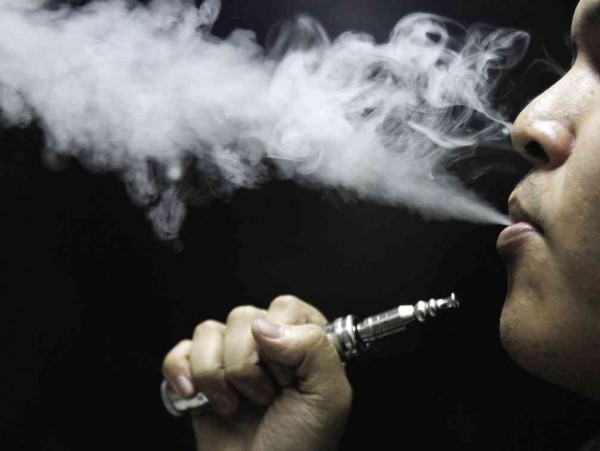E-cigarettes seen as alternative to tobacco
The majority of Filipino smokers see e-cigarettes as a “positive alternative” to tobacco products, survey results showed.
In a first-of-its-kind survey of adult smokers in the Philippines, regional consumer advocacy group factasia.org found that 70 percent of Filipino smokers would consider switching to e-cigarettes “if they were legal, met quality and safety standards, and were conveniently available. ”
The survey was conducted by research firm Ipsos to gauge consumer views on safer alternatives to regular cigarettes, such as e-cigarettes that contain nicotine but do not produce tar and smoke.
Based on the survey which was conducted in three major urban centers, only 15 percent of smokers in the Philippines had tried e-cigarettes.
But the respondents were almost unanimous in believing they should have a right to access information about less harmful products (86 percent), while more than three-quarters agreed that: “Through tax and regulatory policies, the government should encourage adult smokers to switch to less harmful alternatives to cigarettes and ensure that they are not used by the youth.”
Article continues after this advertisementSmokers surveyed also said it would be wrong of the authorities to “prevent or delay the introduction of less harmful alternatives to cigarettes.”
Article continues after this advertisementThe survey was conducted “to gain a better understanding of Asian consumers’ demand for less harmful alternatives to tobacco,” Heneage Mitchell, cofounder of factasia.org, said.
E-cigarettes are described as “more than 95 percent safer than smoking” and “no more harmful than coffee” by top global public health experts.
In the United Kingdom, the use of e-cigarettes is “encouraged” by Public Health England, which recently reported that it had become the most popular aid to quitting.
“There is a clear need for action in the Philippines to regularize the industry and to establish quality standards, tax the products rationally and ensure they are made available only to adults, like many other consumer items,” Mitchell said.
“The government here has a great opportunity to ensure there is no repeat of the situation that has arisen with conventional tobacco products, where 10 to 15 percent of total consumption is illicit—smuggled or counterfeit product,” he added.
